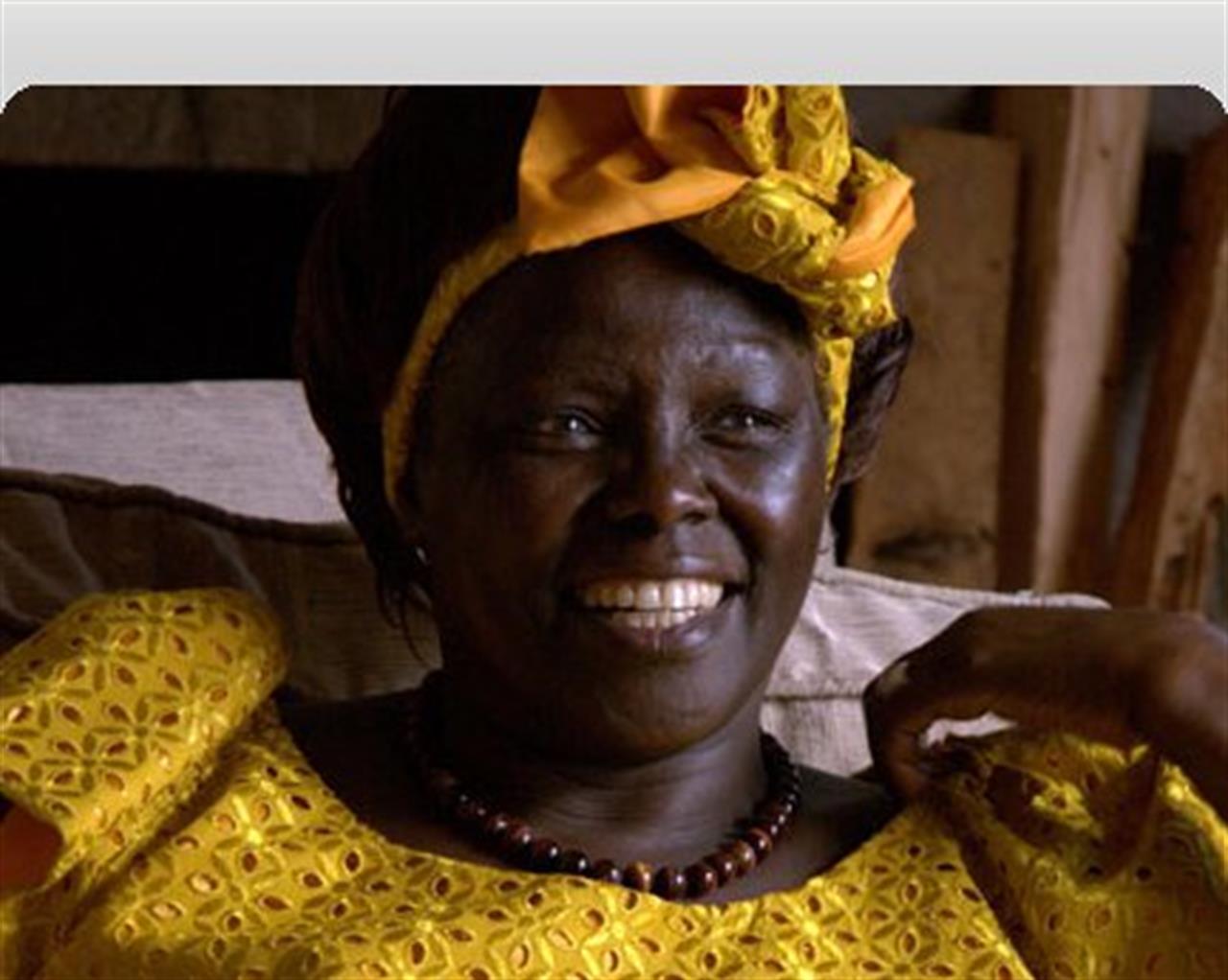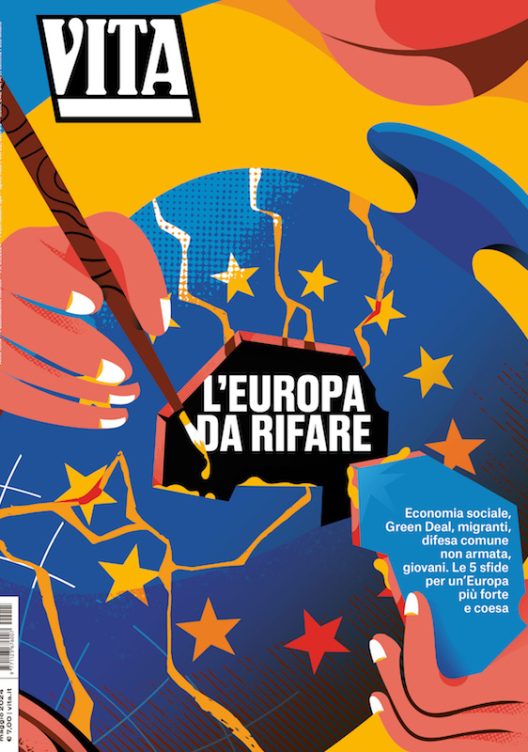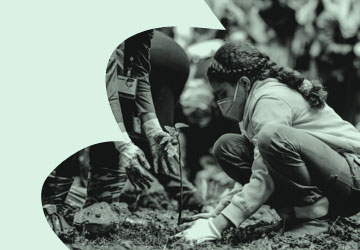Goodbye Wangari Maathai
Remembering the first African woman to receive a Nobel Prize for Peace
di Staff

Wangari Maathai died in Nairobi, where she was fighting against a tumor. She was the first African woman to receive a Nobel Prize for Peace. In 2004 she was acknowledged for her “contribution to sustainable development, democracy and peace”. We are now publishing the interview Vita’s correspondent Joshua Massarenti had with her during the 2007 Social Forum in Nairobi.
Vita: Mrs. Maathai you are taking part to this forum as a Nobel Price for Peace, a Kenyan citizen and as an African parliamentarian. What are your feelings about it?
Wangari Maathai: It’s an extraordinary experience. I am extremely proud to welcome the Social Forum in Africa and especially here in my town, Nairobi. It was Hobson’s choice, I think, since Africa has been devastated by war, hunger and poverty.
Vita: What are the main challenges of these Forums?
Maathai: We have to pay extreme attention to some main issues, such as the environment and the debt situation. The crisis related to foreign debt represents a crucial obstacle to the fight against poverty, not only in Africa, but also in Latin America and in Asia. Although the progress made by some African countries in the development of good governance policies and representative democracy, there are still many countries that are suffocated by debt, and it’s a vicious circle because this prevents African governments from delivering financial resources to good governance policies which, in turn, are required to ensure the transparency of funding policies in vital sectors, such as health, environment and education.
Vita: However, part of the foreign debt has been dropped.
Maathai: It’s true. A 64 billion dollar debt was dropped, but Africa still has a debt burden of 200 billion dollars. I’d like to underline that the money that rich governments and financial institutions are asking are not legitimate, because they are based on old funds given to corrupt governments and regimes. Why does a Senegalese farmer have to pay for Mobutu’s policy? The only ones who are not touched by the debt are the richest African classes, while the ones who are mostly burdened with it are the poor. I’m referring to the people living in the slums, that have been visited by many journalists and members of the forum in these days. Who thinks about the consequences that the debt has on these people every day ? At the World Bank and at the Monetary World Fund, probably nobody thinks about it. This is not just about solidarity, this is a matter of social justice and some day someone will have to give an answer to that. This is where the need to speak out comes from. We want to express our disappointment and our will to fight until the entire debt is dropped.
Vita: What do you expect from this Forum and from the civil society?
Maathai: Many people have asked me this question before. I think this is an extraordinary occasion to exchange ideas and discuss over the several battles each of us is fighting. The most important thing is being able to networking. The survival of the World Social Forum depends on the way we manage to develop our network. This is the only possible way to make our initiatives more effective both with the Governments of developing countries and with the ones of the more privileged countries.
Vita: Professor Mathaai, are you still optimistic?
Maathai: Both at a personal level and among the organizations, there is always a moment in which someone asks himself about the opportunity to carry on what many people think it is a losing battle. I’ll answer you with something I’ve heard in Japan. It’s the story of a little bird confronting the fury of the flames that are devastating the forest he lives in. While all the other animals are fleeing the fire, the little bird decides to go back taking some water with him. The other animals look at him like he’s crazy. “You are putting your life at risk and that water will never be enough to put out the fire”, they yell at him. “I don’t know if I’ll manage to put it out” He answers. “But I know for sure that I have to do what I’m doing”.

